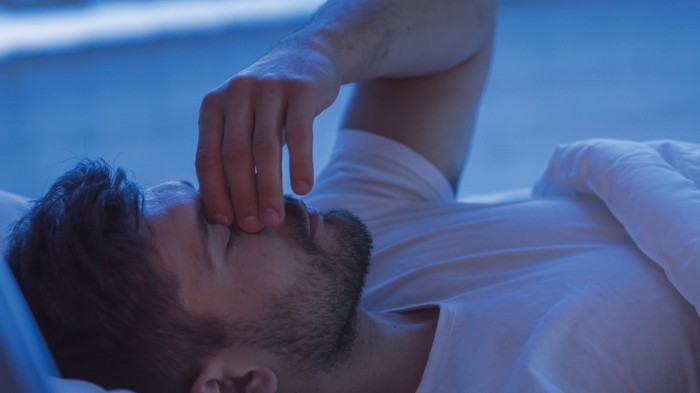Insomnia is often a sleep disorder through which everyone is unable to fall asleep or stay asleep. Most Australians experience insomnia at some point in their lives, contributing to 10 percent people have a minimum of mild insomnia at any given time. It can be more prevalent ladies and elderly people.

Insomnia normally include:
difficulty getting to sleep
getting out of bed throughout the night and having trouble rediscovering the reassurance of sleep
awakening prematurily .
Sometimes people experience the 3.
Many people experience insomnia for the limited time, as an example if they’re worried or stressed. But may insomnia is chronic (called chronic insomnia disorder), meaning folks have trouble falling or staying asleep for around 3 months, in addition to being impaired during the day.
What are signs of insomnia?
People experience insomnia differently. Many of the the signs of insomnia are:
having problems sleeping
waking a good deal during the night
getting up too soon and being unable to return to sleep
not feeling refreshed when you wake up
Insomnia can lead to the next symptoms throughout the day:
tension headaches
feeling tired or becoming too sleepy to do normal activities
poor memory and concentration
being concerned about sleeping
feeling irritable or moody
being hyperactive, aggressive or impulsive
losing desire for doing things
reduced energy and motivation
feeling sleepy when sitting quietly
What can cause insomnia?
Sometimes there isn’t any underlying cause of insomnia. This is whats called primary insomnia.
Sometimes there’s an underlying cause for instance a our health and wellbeing condition, anxiety, depression or sleep issue. This is what’s called secondary insomnia.
Insomnia may be compounded by:
poor sleep habits (sleep hygiene)
substances including caffeine, nicotine, alcohol, amphetamines and some prescription medicines
stress, due to work or financial problems, relationship issues or grief
medical issues, specifically conditions causing pain, hormone changes (e.g. hot flushes and night sweating during menopause), and breathing, urinary or stomach ache
mental health issues – insomnia is usually a manifestation of anxiety, depression or any other disorders
problems with sleep, including obstructive sleep apnoea, circadian rhythm disorders brought on by irregular sleep patterns, restless legs syndrome and periodic limb movement
life stage – the elderly may have insomnia
shift work – people who work different shifts often tend not to sleep as well as people that work set hours throughout the day
When should I see my doctor?
It is a good idea to visit your doctor if you are experiencing difficulty sleeping or else you are having difficulties with your mood, feeling restless in bed, snoring badly or waking up not feeling refreshed. Keeping a sleep diary is an excellent strategy to track symptoms, which you can tell your wellbeing professional.
We apply CBT-I to resolve your insomnia problems quickly. Do you experience feeling tired as a result of insomnia? Do you hate likely to work? Are you feeling anxious in your relationships? Buy your life in 6 sessions, and without chemistry. We greet you online, from the ease your cocoon, including on weekends to your outings. CBT-I (CBT-I), Cognitive-Behavioral Therapy for Insomnia, is definitely an advanced scientific method with demonstrated effectiveness inside a large population.
State-licensed psychologist (France), university degree in neuropsychology, certified hypnotist (France), Ecole Normale Superieure d’Ulm graduate, Columbia University visiting student.
To learn more about work take a look at our site
